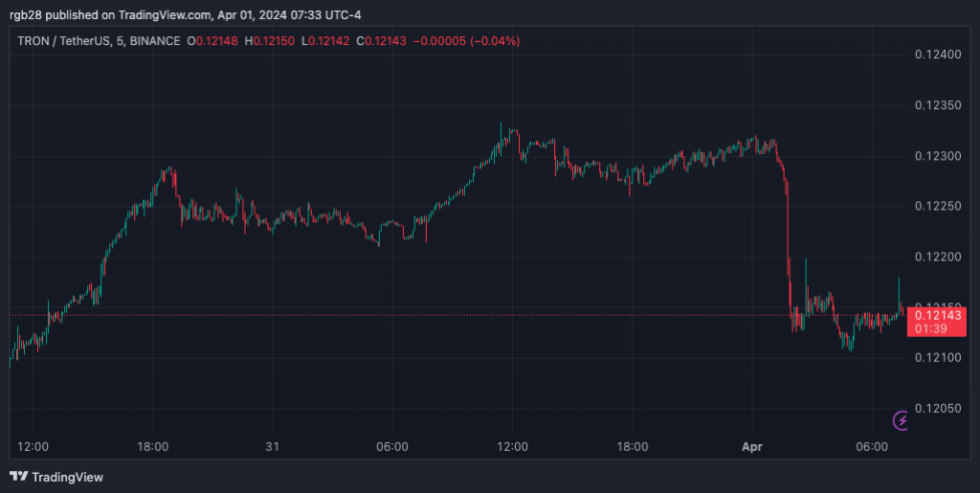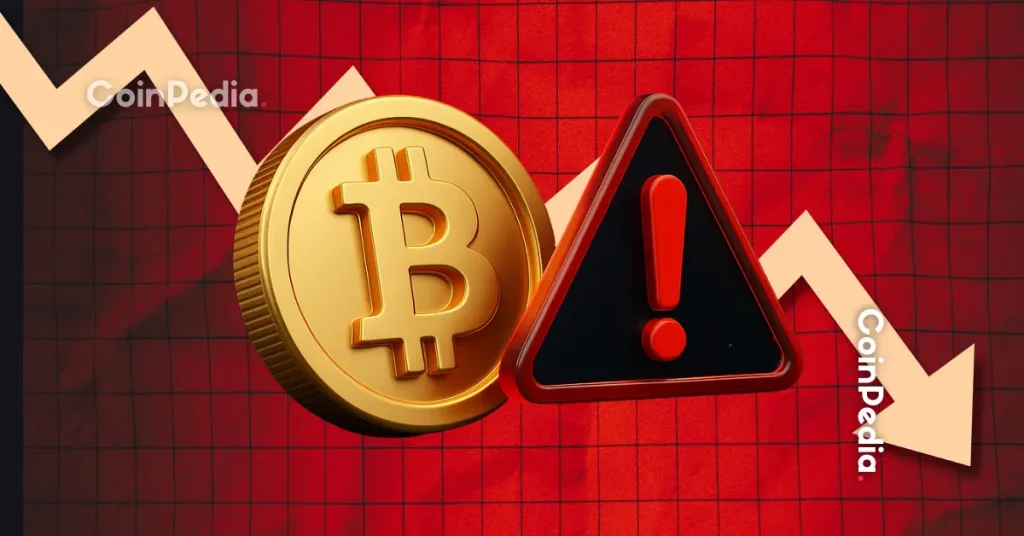ARTICLE AD BOX
Tron’s founder Justin Sun, The Tron Foundation, and other defendants in the US Securities and Exchange Commission (SEC) lawsuit have presented a motion to dismiss the regulator’s complaint due to a lack of “jurisdiction” and “regulatory guidance.”
The case started a year ago when the SEC charged the defendants for allegedly offering unregistered securities with Tron (TRX) and BitTorrent (BTT) tokens.
SEC’s Crackdown On The Crypto Industry Faces More Criticism
Last year, the SEC charged Justin Sun and his companies –Tron Foundation, BitTorrent, and Rainberry Inc.– for offering and selling “unregistered securities since Tron (TRX)’s Initial Coin Offering (ICO) in 2017.”
Additionally, the US regulator accused the defendants of fraud and charged several celebrities, including Lindsay Lohan, Jake Paul, and Austin Mahone, for “illegally touting Sun’s crypto asset securities.”
The case’s most recent development involves Sun and the defendants seeking the lawsuit’s dismissal and asserting several criticisms of the US regulator’s crackdown on the crypto industry. The motion, filed on March 28, states:
Yet another salvo in the SEC’s ever-widening campaign seeking dominion over digital assets whenever created, in whatever form, for whatever purpose, and wherever they may be found.
In the document, the defendants criticize the SEC’s efforts to “leverage highly attenuated contacts to the United States” to extend its regulatory reach to predominantly foreign products. “The SEC is not a worldwide regulator,” and these attempts have gone “too far and should be rejected.”
Moreover, the defendants highlighted that this case is “fundamentally unlike the vast majority of enforcement actions involving digital assets to date.”
The argument presents the involvement of the development of blockchain products that are designed to promote, reward, and democratize “content sharing, not securities offering.”
The SEC has ignored all but one focus of the projects, reducing the whitepapers in hindsight to “investor” communications about “token offerings,” according to the document.
By disregarding the technology, purpose, and governance of projects, the SEC has reduced the role of tokens within these projects to be the “only aim for these projects.” Consequently, the US regulator’s “narrow reading” doesn’t hold up.
TRON’s Claims For Case Dismissal
The motion states the lack of regulatory clarity as one of the reasons for the dismissal request, as “the SEC has offered limited, often inconsistent, guidance.” It also argues that the regulatory guidelines offered before the TRX’s launch tackled activities “very different from the token functions” in this lawsuit.
After the launch of TRX, the following “regulation by enforcement actions generally did not concern secondary market transactions.” As a result, the SEC “largely relies on generalizations and conclusions to support its already thin, frequently indiscernible claims.”
The absence of jurisdictional power is a crucial point, stating that the SEC has failed to show that executing personal jurisdiction is appropriate over foreign defendants.
The defendants claim the SEC has made a “strained attempt” to establish a nexus between the US and the products in the complaint. These efforts include turning the “ordinary course” of global secondary market trading, contests, giveaways, and free airdrops into unregistered and “improper” US securities offerings.
The motion claims that even if the SEC could prove their jurisdiction over foreign defendants and worldwide platforms offering services to the global public, the SEC’s claim still fails to hold up:
Even if it could be shown that personal jurisdiction over the foreign defendants is appropriate here, the claims still fail for myriad, equally powerful reasons.
Per the document, the SEC has failed to offer factual allegations and lay out the role of each defendant in each of its claims. Instead, it has labeled all defendant parties as “the Sun Defendants,” asserting that they have done “various acts to satisfy Rule 9(b)’s strict requirement to plead fraud with particularity.”
Finally, the document highlights the lack of fair notice that the US regulator could attempt to pursue the claims in the complaint. Under these grounds, the defendants deem the complaint as subject to dismissal.

.png)
 1 year ago
16
1 year ago
16








 English (US)
English (US)